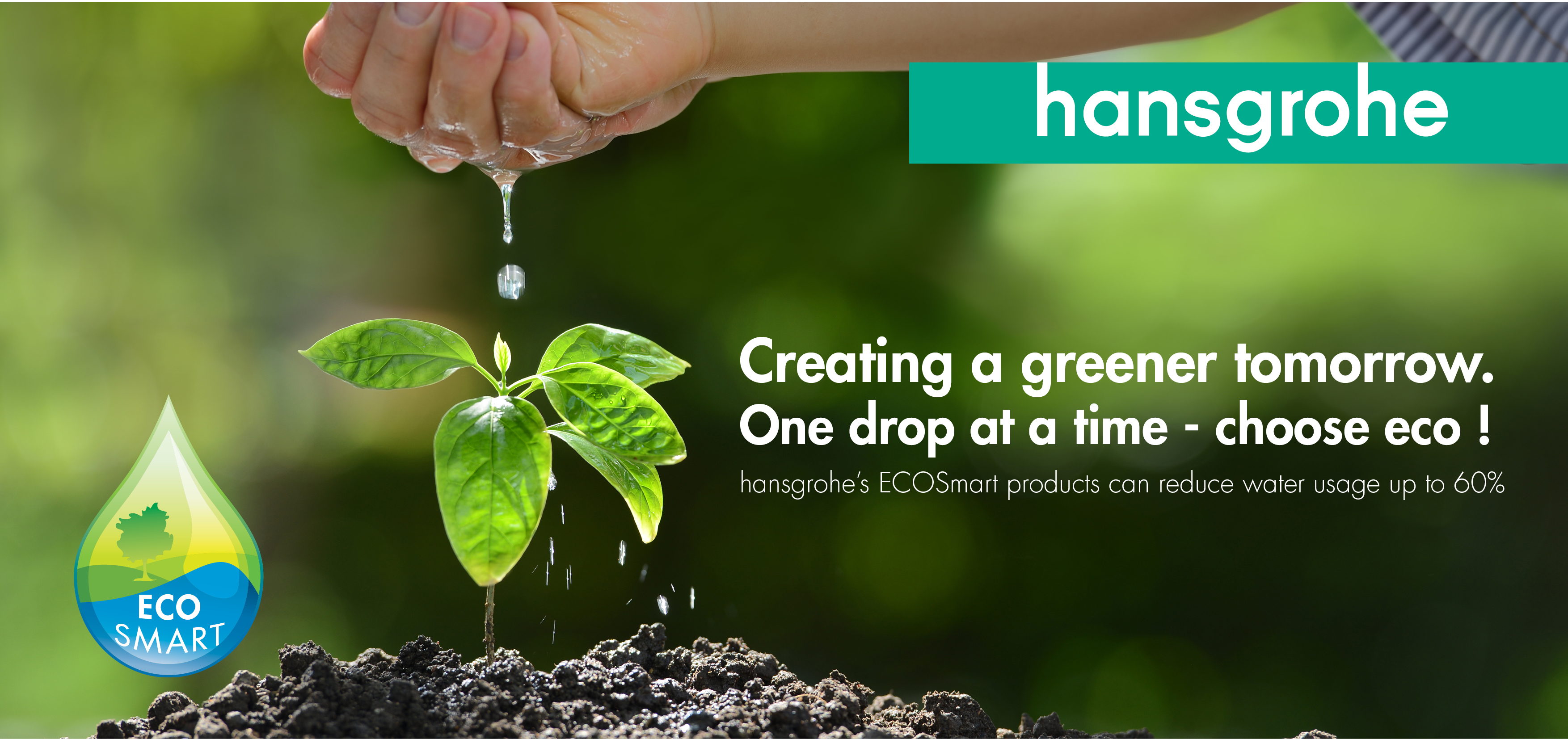- South Africa’s dams, rivers, wastewater systems and water distribution systems are in a dire state, but the solutions to these challenges are readily available within the country.
- This is according to water sector experts who were speaking ahead of IFAT Africa, the water, sewage refuse and recycling industry’s key annual trade fair and conference, which is set to take place in Johannesburg in July 2019.
Unless urgent action is taken, South Africa’s looming water crisis will prove far more devastating than the power crisis, potentially crippling the economy and costing lives, noted Eric Bruggeman, CEO of the South African Capital Equipment Export Council (SACEEC), which endorses IFAT.
Bruggeman highlighted that: “The majority of our dams, water treatment facilities and wastewater systems are over 30 years old, with some as old as 100 years. Inadequate maintenance has been done in the past 20 years and the population has virtually doubled since this infrastructure was installed, so the existing infrastructure cannot cope with demand.”
“As an arid country, we have to provide more dams in catchment areas and maximize the water we have. On top of that, leaks, contamination and a failure to recycle water mean we are losing a large proportion of the available water. The situation is frightening,” he stated.
Deploy private sector experts
Bruggeman continued: “To address the situation, an incredible amount of work must be done on maintenance, storage capacity must be upgraded and increased, new dams must be built and ageing pipes must be re-laid. Sewage must be addressed – you can’t have effluent running through the streets and into the dams.
Water should be the top priority from national down to municipal level, Bruggeman urged.
However, in the face of a lack of resources, the public sector needs to be looking to the private sector for assistance.
“Budget must be made available and the private sector should be allocated the projects. With the right budget, the private sector could fix the problems in under three years,” he said.
Chemical engineer Annejan Visser, a process engineer in business development for Quality Filtration Systems (QFS), underlined that while the country is in dire need of solutions, too much time and effort is being dedicated to an outdated consulting, brick and mortar civil approach to water treatment. Related: Raw Sewerage Continues to Spill into Vaal River
“Solutions are now available in South Africa that could address water treatment problems far faster and much more cost effectively,” according to Visser.
He noted that South Africa has a highly competitive and advanced water and wastewater treatment sector, with the skills, capacity and technologies to overcome the country’s water challenges.
“If the funding was channelled into action, and our private sector stakeholders were mobilised, collectively, we could probably overcome water and wastewater treatment challenges in as little as one to three years,” said Visser.
Author: Babalwa Bungane
This article was originally published on ESI Africa and is republished with permission with minor editorial changes.
Clean water is becoming increasingly scarce. Do your bit to save water. You can start by retrofitting your tap and shower mixers at home with Hansgrohe EcoSmart technology.
Visit the Hansgrohe Showroom in Johannesburg to see the Rainfinity range in action.
Find a Hansgrohe Retail Store near you by simply entering your postal code. Your search covers: South Africa, Madagascar, Nigeria, Kenya, Botswana, Seychelles, Mauritius, Namibia, Tanzania, Zimbabwe, Ghana and Zambia.















